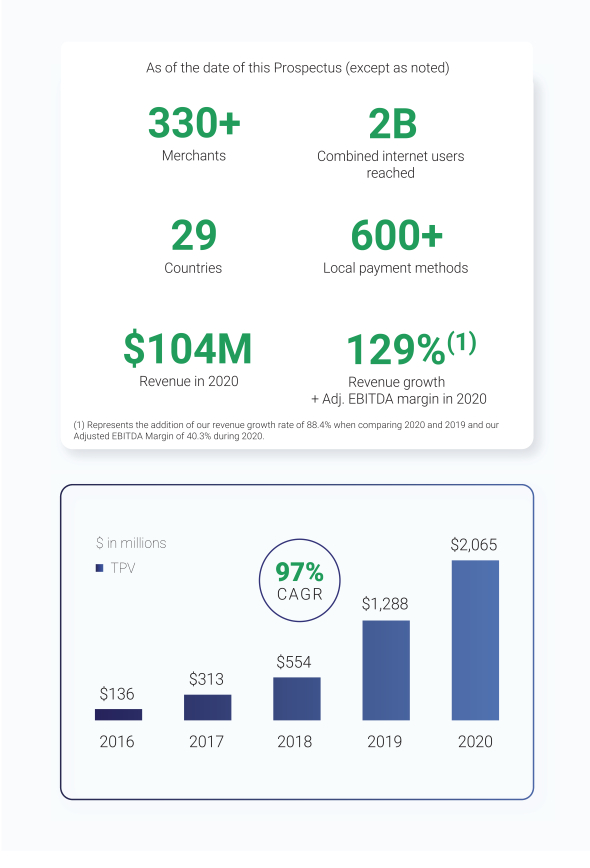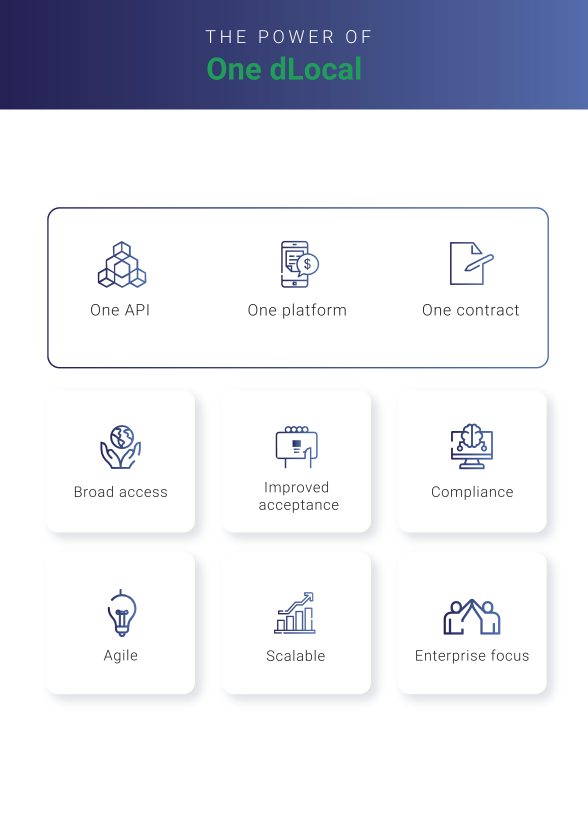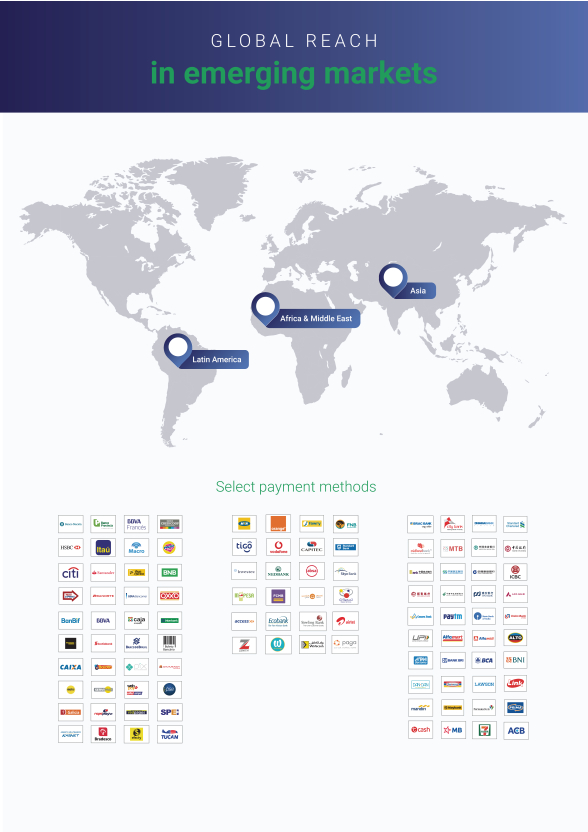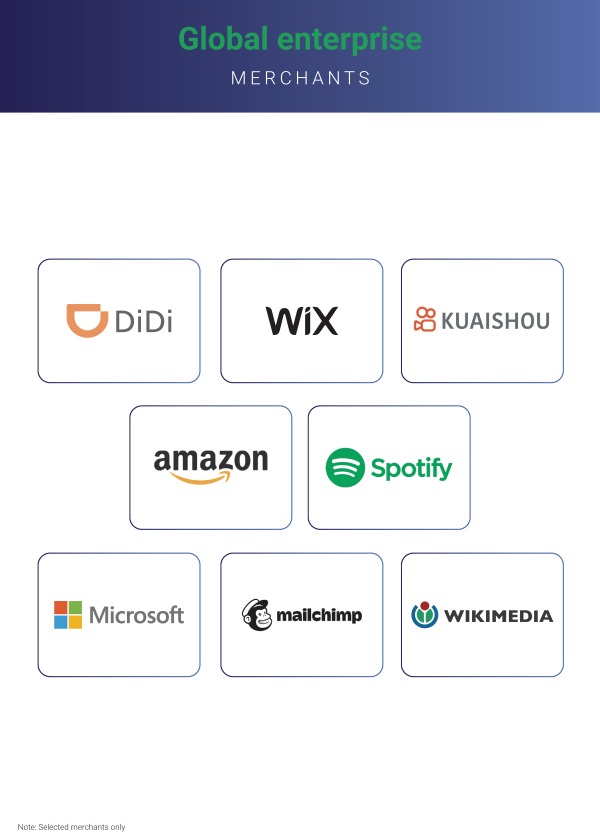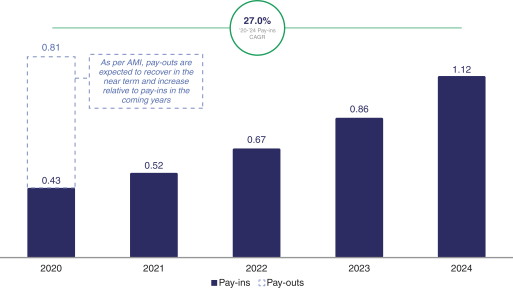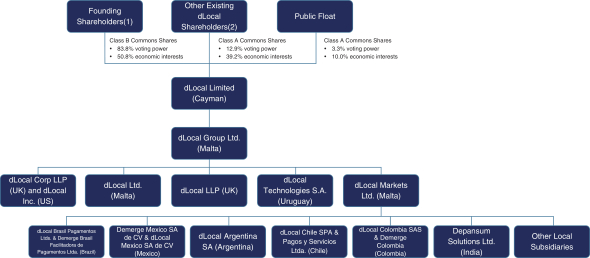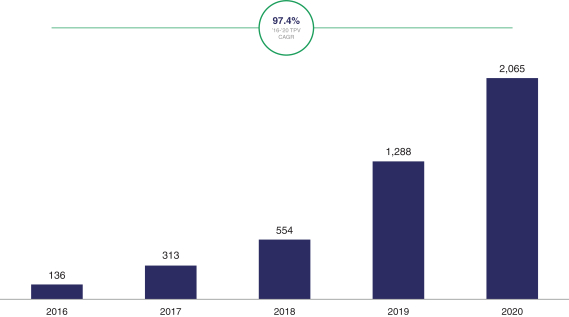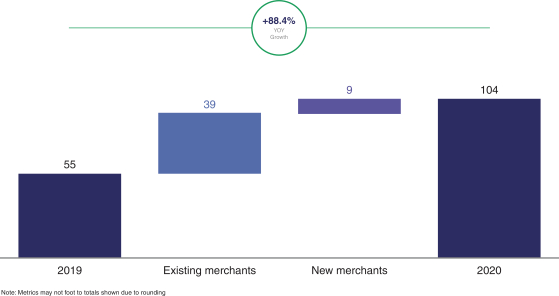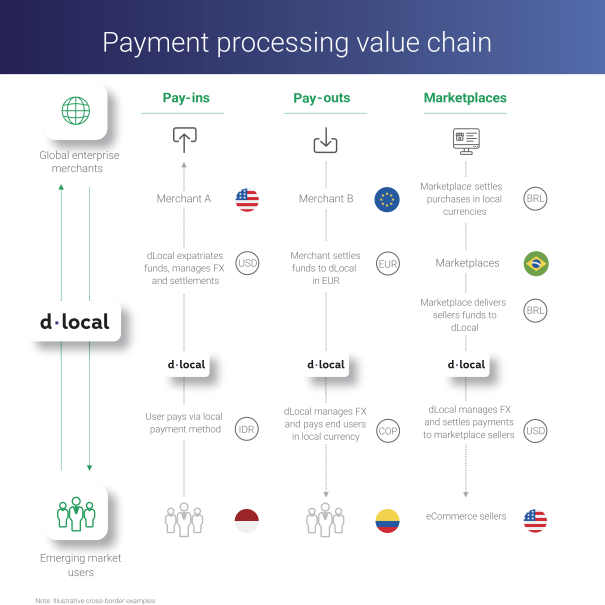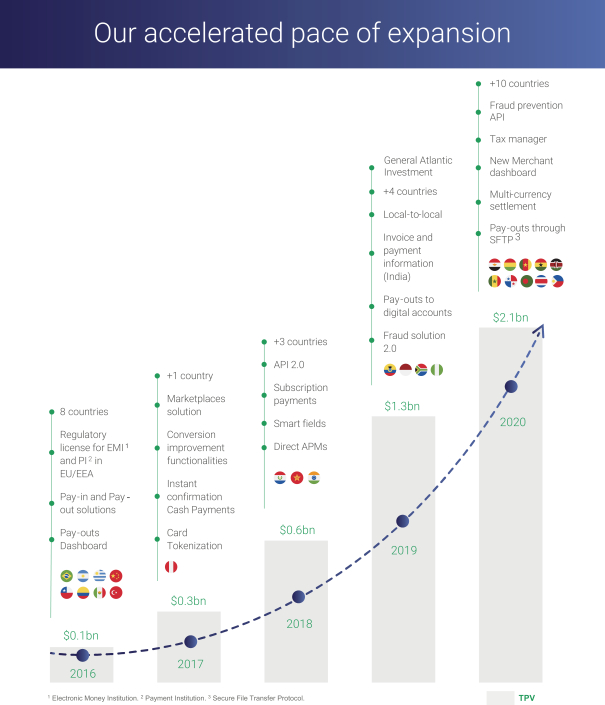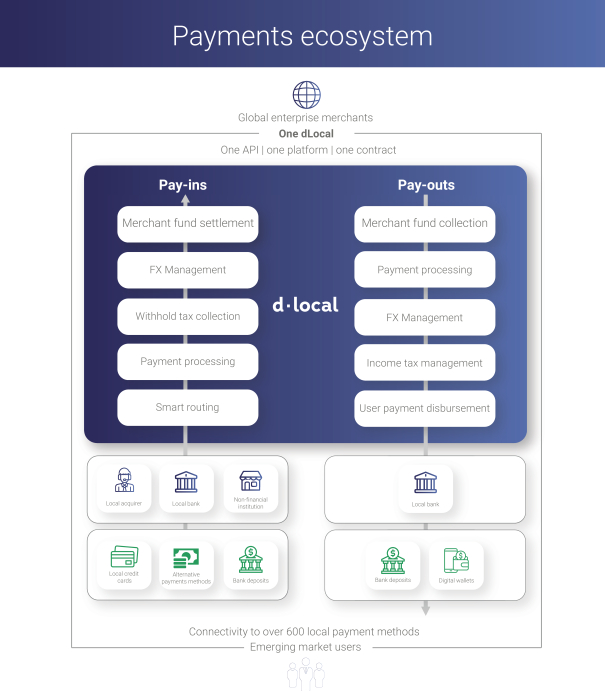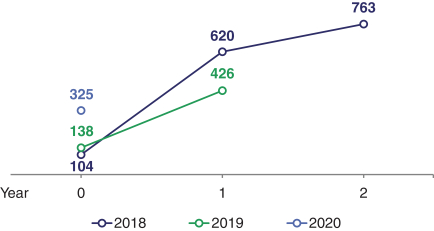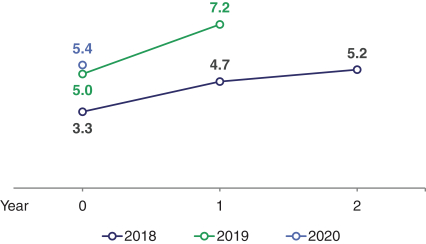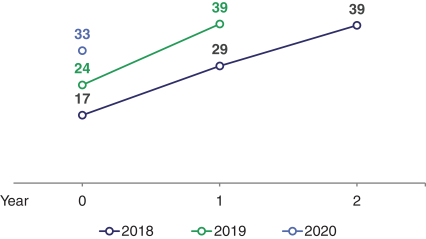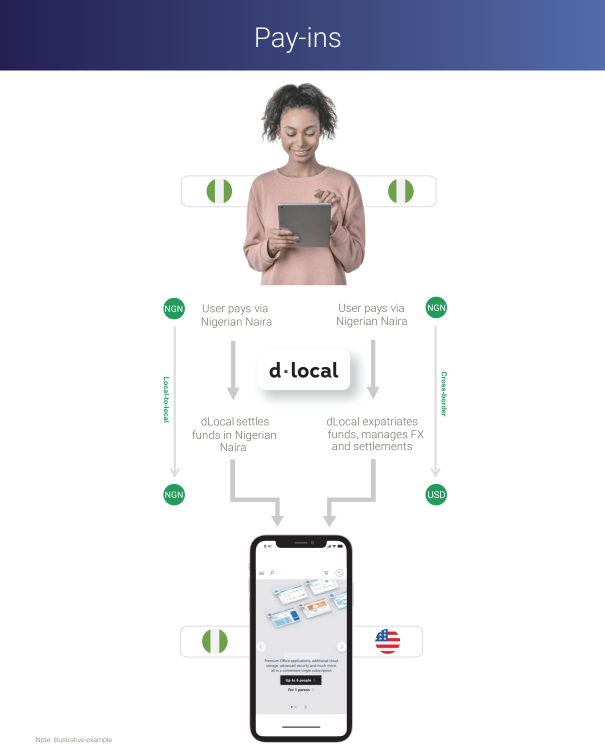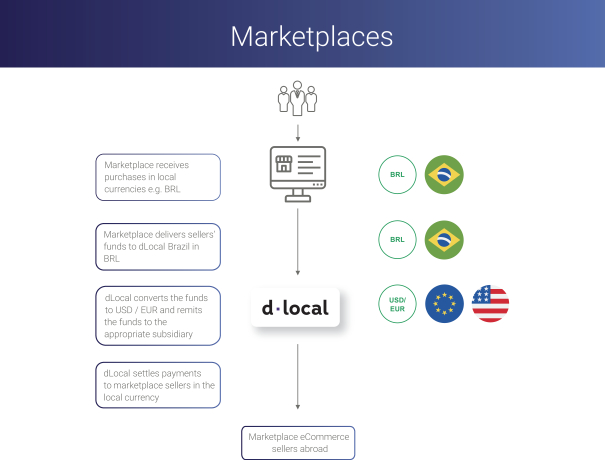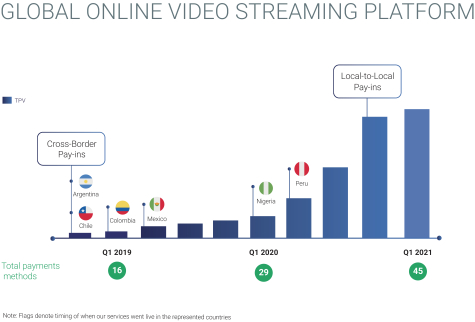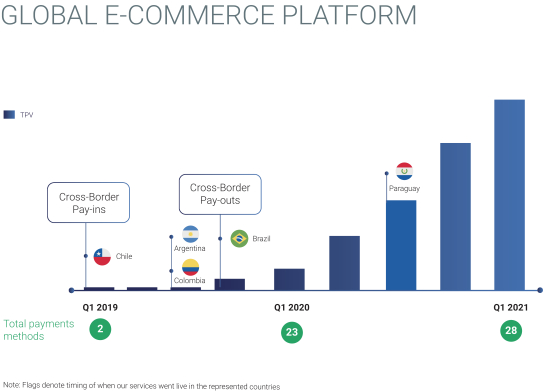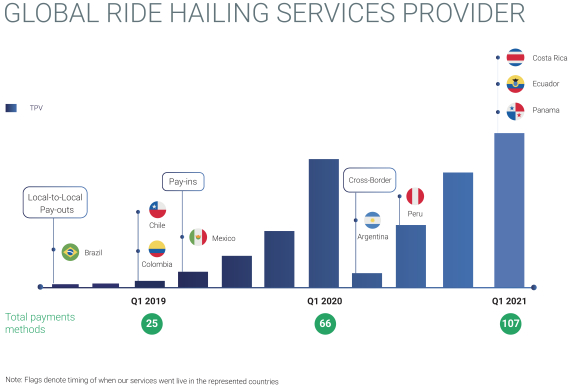brand and could cause us to lose existing customers, prevent us from obtaining new customers, require us to expend significant funds to remedy problems caused by breaches and to avert further breaches and expose us to legal risk and potential liability.
Our controls and procedures may fail or be circumvented, our risk management policies and procedures may be inadequate, and operational risks could adversely affect our consolidated results of operations.
We have in the past failed and may in the future fail to identify and manage risks and controls related to a variety of aspects of our business, including, but not limited to cyber-security, information technology and data privacy risk, operational risk and resiliency, interest rate risk, foreign exchange risk, treasury functions, access to information, tax, regulatory, legal and compliance risk, liquidity risk and credit risk. We have adopted various controls, procedures, policies and systems to monitor and manage risk. We cannot provide assurance that those controls, procedures, policies and systems are or will be adequate to identify and manage internal and external risks, including risks related to service providers, in our various businesses. We believe that any internal controls and procedures, no matter how well conceived and operated, can provide only reasonable, not absolute, assurance that the objectives of the control system are met. These inherent limitations include the realities that judgments in decision making can be faulty, and that breakdowns can occur because of simple error or mistake. Additionally, controls can be circumvented by the individual rogue acts of some persons, including our employees by collusion of two or more people or by an unauthorized override of the controls. Accordingly, because of the inherent limitations in our control system, violations of our controls, procedures, policies and systems and misstatements due to error or fraud may occur and not be detected.
For example, failure to comply with the various foreign exchange registration requirements could result in liability under applicable law for circumventing applicable foreign exchange restrictions, procedures or governmental requirements. As a result, our business operations, our ability to distribute profits and/or TPV could be materially and adversely affected. Furthermore, as foreign exchange regulations, especially in emerging markets, are still relatively new and their interpretation and implementation has been constantly evolving, it is unclear how these regulations, and any future regulation concerning offshore or cross-border transactions, will be interpreted, amended and implemented by the relevant government authorities.
The risk of individuals, either employees or contractors, engaging in harmful or misleading conduct, whether unintentional or intentional, such as consciously circumventing established control mechanisms to perform unauthorized or illegal transactions or otherwise exceed transaction limitations and restrictions, committing fraud or improperly selling products or services to clients, is particularly challenging to manage through a control framework. In addition, we are subject to increased resiliency risk, requiring continuous reinvestment, enhancement and improvement in and of our information technology and operational infrastructure, controls and personnel which may not be effectively or timely deployed or integrated. Moreover, the financial and reputational impact of control or conduct failures can be significant. Persistent or repeated issues with respect to controls, information technology and operational resiliency or individual conduct have raised and may in the future raise concerns among regulators regarding our culture, governance and control environment. There can be no assurance that our efforts to address such risks will be effective. While we seek to contractually limit our financial exposure to operational risk, the degree of protection that we are able to achieve varies, and our potential exposure may be greater than the revenue we anticipate that we will earn from servicing our merchants.
Internal control policies and procedures and employee training and compliance programs that we have implemented to deter prohibited practices may not be effective in prohibiting our and our affiliates’ directors, employees, contractors or agents from violating or circumventing our policies and the law. If we or our affiliates, or either of our respective directors, employees or agents fail to comply with applicable laws or policies governing our operations, we may face investigations, prosecutions and other legal proceedings and actions, which could result in civil penalties, administrative remedies and criminal sanctions. Any such government investigations, prosecutions or other legal proceedings or actions could adversely affect our business, performance, prospects, value, financial condition, and results of operations.
47


